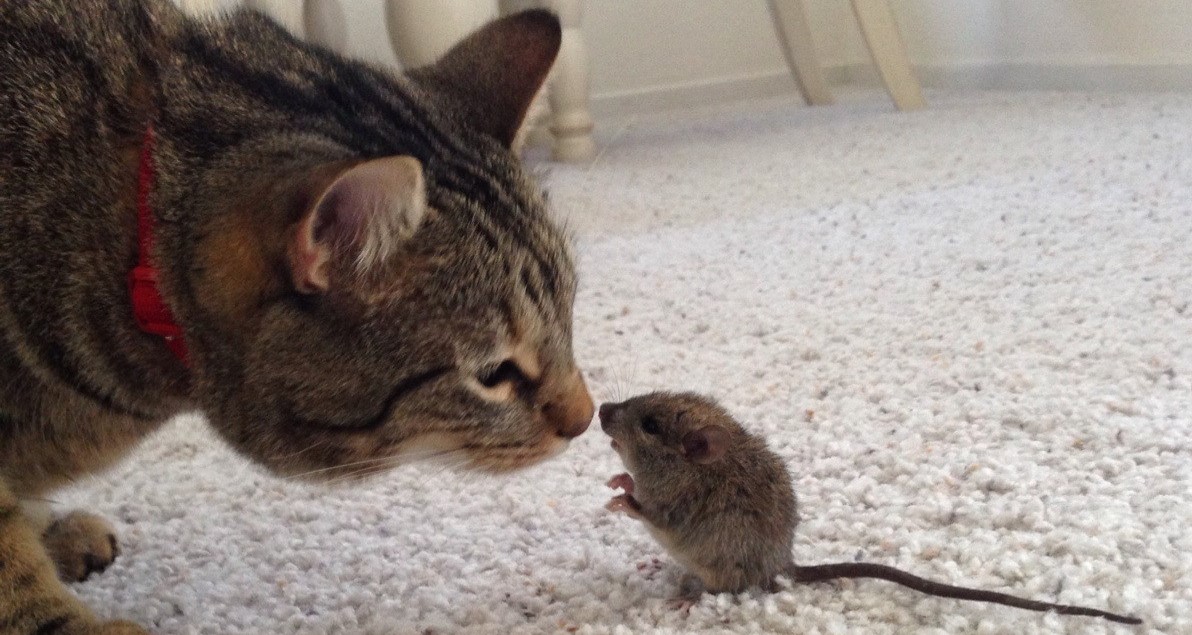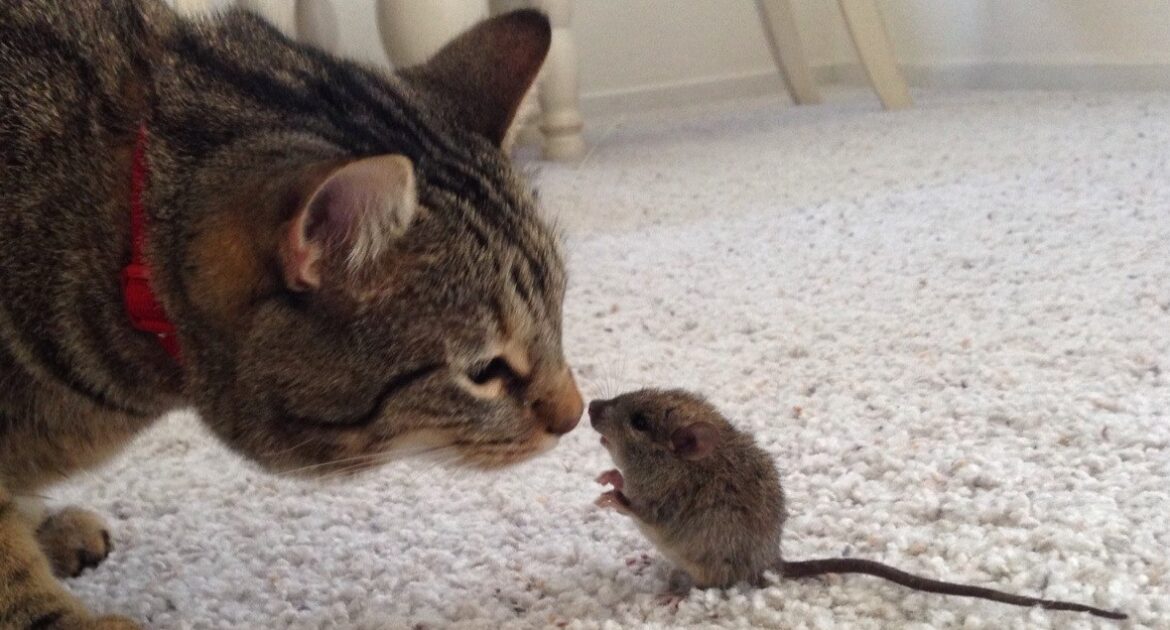Most people regard dogs and cats as cuddly companions, but they are also natural-born predators. In fact, this is the reason why humans originally domesticated dogs and cats, so they could help with hunting for food and pest control in homes and storage areas. While most pet owners no longer rely on the predatory instincts of dogs and cats for their survival, thousands of years of evolution and breeding are hard to overcome. Pets still have predatory instincts and, as a result, they sometimes bring home dead animals that they have found or caught. Sometimes, the animal is still alive, and if it gets loose in the house, it may require wildlife removal in Coquitlam.
Why Do Dogs and Cats Bring Home Dead Animals?
Cats and dogs bring home dead animals for different reasons. Cats have a strong predatory instinct, an inborn compulsion to try to catch and kill prey when they come across it, or anything that looks like prey. The instinct is so strong that cats are compelled to hunt even when they are not hungry and therefore don’t need to kill. Cats, especially female cats, also have a strong instinct to feed members of their families. This is why a cat that has caught prey will often deposit it at your feet.
Dogs don’t have quite the same predatory drive that cats do. Therefore, they are less likely to kill wild animals and more likely to bring home the carcasses of dead animals that they find outside. Certain breeds are more likely to do this than others. For example, retrievers are bred to find game birds that hunters have shot and bring them back to their owners. As a result, when they find dead birds outside, this instinct kicks in and they pick up the carcass and bring it home.
However, even dogs that aren’t bred to be retrievers are fascinated by dead, smelly carcasses. One theory behind this fascination is that the wolves from which domestic dogs descended, used the strong smells of rotting meat to mask their own odour when hunting.
Why Is It Dangerous for Pets To Bring Animals Home?
While the dogs and cats mean well, their unfortunate habits of bringing animals home are dangerous to them, to you, and to the environment in which you live. The prey animal may have been infected with a disease or parasite that could spread to your pet. After a dog or cat brings an animal home, you should call your veterinarian for guidance, especially if your pet is exhibiting symptoms. Some of these parasites or diseases could also spread to humans, potentially making you or your family sick as well.
Sometimes the wild animals that pets bring home are not yet dead. These wild animals may resist well-meaning attempts to remove them from your home, even biting or scratching in self-defence.
Native songbird populations are imperilled because of cat depredations, but if your cat gets ahold of a bat, it is an even worse situation. Bats are endangered animals and have the potential to carry rabies, so they should never be handled, whether alive or dead, if your pet brings one into the house. Live bats should only be removed by professionals and dead bats reported to the appropriate authority for rabies testing.
How Can You Prevent Your Pets From Bringing Animals Home?
Supervise your dog while outside and teach the “leave it” command so you can prevent them from picking up dead animals that they find. Keep cats indoors if possible, or give them breakaway collars with bells on them so the sound warns prey away. Vaccinate all your animals against rabies; while this does not prevent them from bringing animals home, it does protect them from disease. Keep your yard clean so that wildlife is less likely to be present. Call Skedaddle for assistance if you ever find wild animals in your home, whether they got in by themselves or had help.




